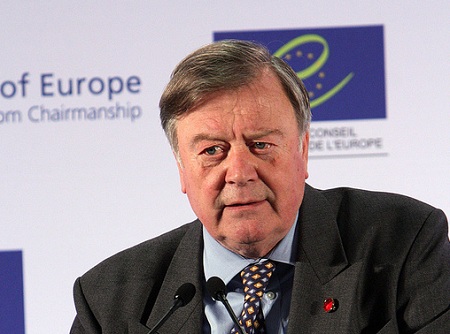Cuba — the Caribbean’s most populous nation with over 11 million people — is holding parliamentary elections this Sunday.![]()
But those elections are so stage-managed by the Cuban government that they make the recent troubling Jordanian elections look like best practices in liberal democracy.
As a technical matter, Cuban voters will elect all 612 members of the Asamblea Nacional del Poder Popular (the National Assembly of People’s Power).
Fortuitously, there are exactly 612 candidates who have been selected for the honor of running in the election, which follows virtually no campaigning or fundraising or any of the other effluvia of modern elections. It’s fair to say that, in contrast, the selection of the Politburo Standing Committee of the People’s Republic of China, has much more drama.
That’s probably all the same, anyway, given that the Partido Comunista de Cuba (PCC, Communist Party of Cuba) has been enshrined in the Cuban constitution as the country’s governing party since 1959.
The National Assembly meets just twice a year, and although it’s officially the ultimate law-making authority in Cuba, the reality is that its role is essentially to ratify decisions made by the executive branch of Cuba’s government, where the real power lies with Cuban president Raúl Castro (pictured above, left, with his brother Fidel Castro). He heads both the Consejo de Estado (the Council of State), a 31-member body that exercises legislative authority in between the two annual sessions of the National Assembly, and the Consejo de Ministros (Council of Ministers), essentially the Cuban government’s cabinet:
Since virtually all decisions are made as executive orders by the Council of Ministers, the parliament is relegated to rubber stamping decisions already made and sometimes already implemented.
Virtually all votes are unanimous and any debates among the members are held behind closed doors. Even an abstention is highly rare. This is to say 612 deputies routinely agree with every executive order passed by the Council of Ministers.
Despite the sham elections, it’s nonetheless a dynamic time for Cuban policymaking, so there’s never been a more optimistic time for proponents of economic and even political reform. Furthermore, given the advanced age of both Castro brothers — Raúl is currently 81 — it’s nearly certain that Cuba’s leadership will pass to a new generation sooner rather than later.
Continue reading Don’t worry about Cuba’s shamtastic elections — focus instead on Castro’s reforms

